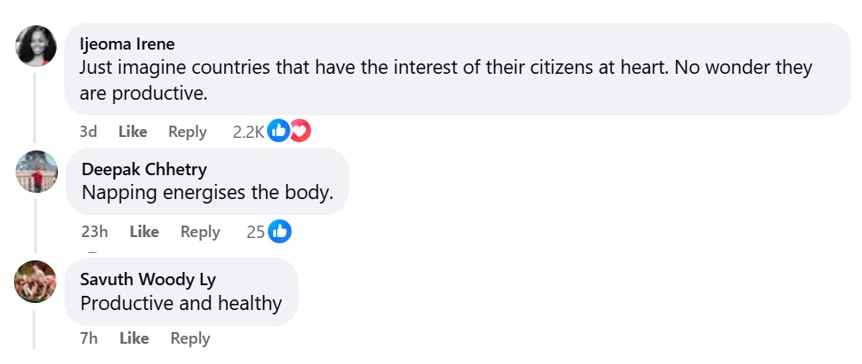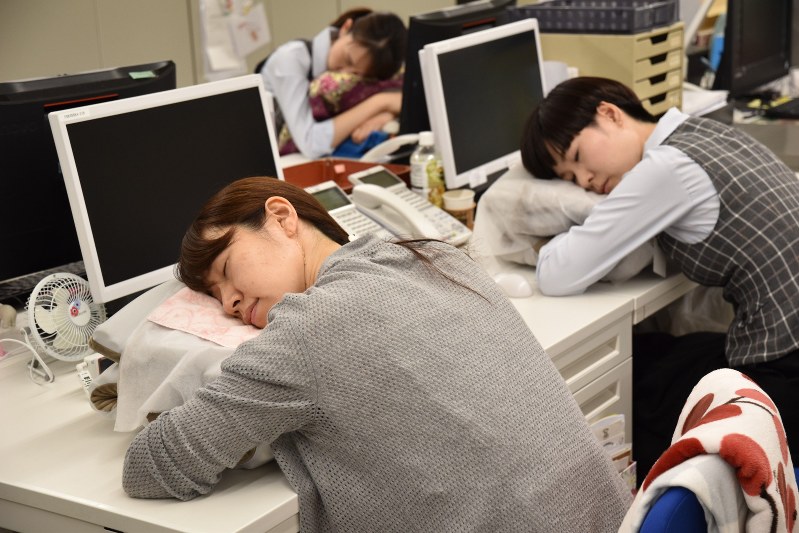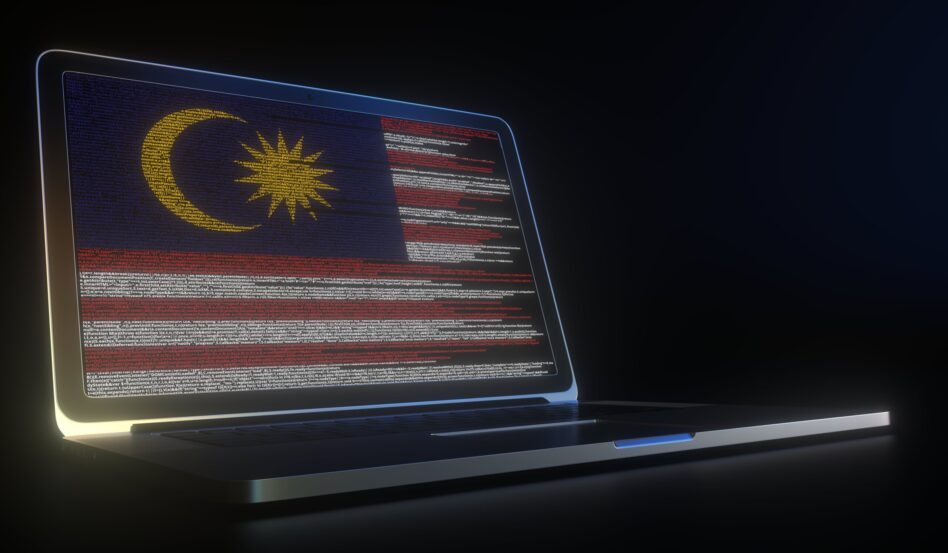POWER naps – are they to be encouraged at work or a cause for dismissal?
In Japan, taking a group short nap during work hours is seen as a sign of diligence by employers, an indication that the staff are re-charging to give even more to the company.
Known as inemuri which means “present while sleeping”, this is a cultural practice where short naps in public or work settings are seen as a sign of dedication and hard work rather than laziness – and are often taken to combat fatigue.
Will this practice and perspective ever take hold in the Malaysian context?
Or is this a far-fetched dream given the tendency of many local employers to work their staff to the bone?
Above all else, there is also the perception that local employees are lazy and will take advantage – or abuse – such a privilege as the oft-heard complaints about employees sleeping in their office surau (prayer room) demonstrate.
Many believe this is a win-win situation as gauged from a Facebook post by social media influencer and author Oluwanishola Akejuon which has since generated over 101K likes, 7K comments and 12K shares.

One even advocated a four-day working week to benefit workers’ wellness.

Another was prepared to emigrate so he could work in such an environment. Perhaps, she is quite unaware of the long hours and extreme stress Nipponese employees are placed under to merit their inemuri.

However, some pointed out that such a practice could be open to abuses outside Japan.

Commenting in an African context, some commenters observed that this practice would be a road to ruin for many a company. It can be safely surmised that such a viewpoint would equally be held by quite a few Malaysian employers.

There are few issues that this post highlights. Firstly, the Japanese are a highly disciplined lot, thus making this arrangement feasible. It is extremely doubtful if it can be successfully replicated elsewhere.

Secondly, employee wellness is not top of most companies list of to-do list.
That a fair number of Malaysian companies already having failed to pay statutory payments – notably contributions to the Employees Provident Fund (EPF) and Social Security Organisation (SOCSO) make such a practice wishful thinking.
Thirdly, many Malaysian employers have complained about privileges being open to abuse. For instance, time for Muslim employees to perform their five-time daily or even Friday prayers has been compromised as nap time by certain unethical individuals.
For sure, it will be long way to go for Malaysian companies to adopt such practices even though it can be mutually beneficial. – April 10, 2025
Main image credit: The Mainichi









